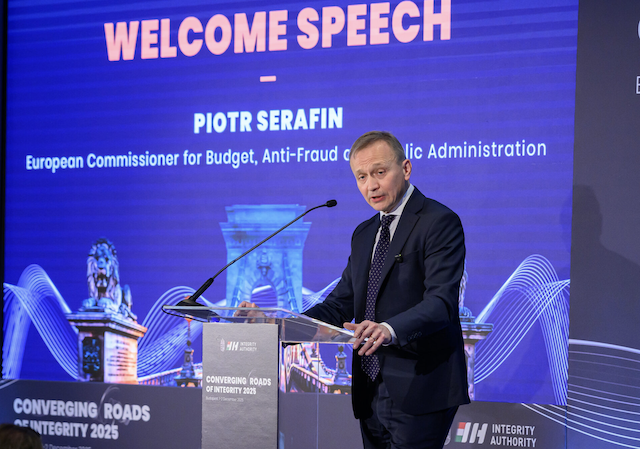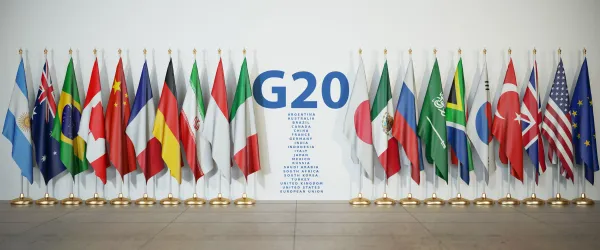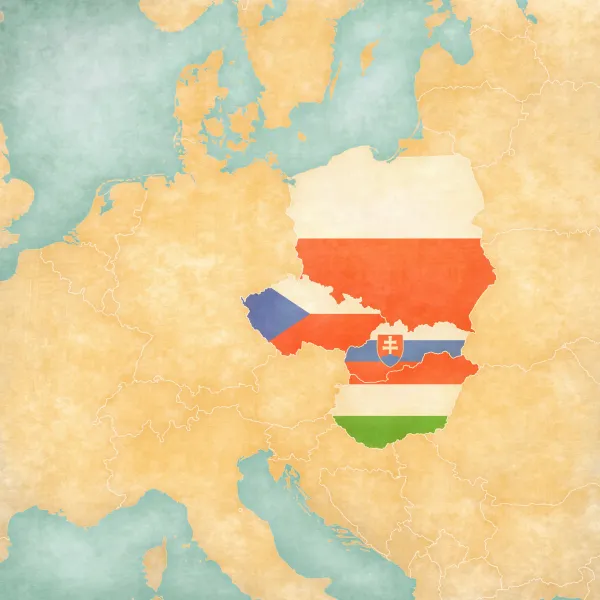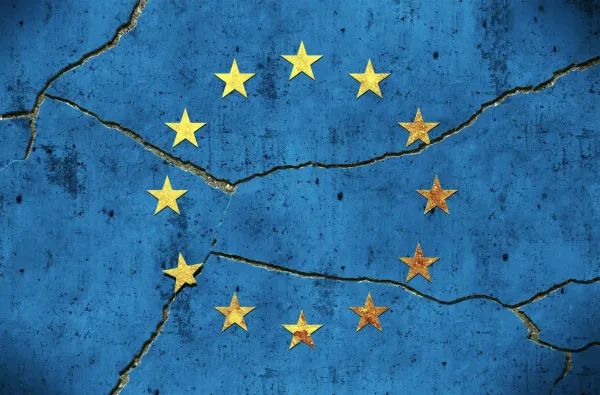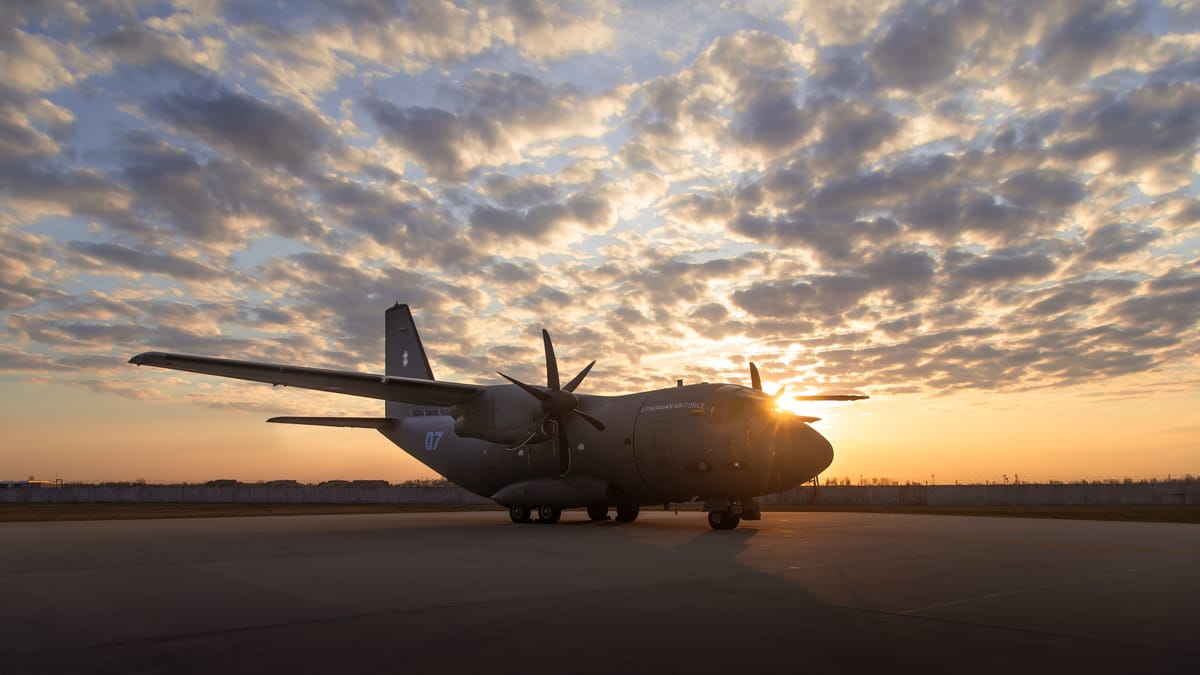
NATO rejects "no-fly" zone request from Kyiv
NATO cannot fulfil Kyiv’s wish for enforcement of a “no-fly zone” over Ukraine’s territory, according to the defence alliance’s Jens Stoltenberg. After the Secretary General’s meeting with NATO defence ministers on Friday, they agreed that neither NATO troops nor planes should be in or above Ukrainian territory, writes Politico.
Stoltenberg said a no-fly zone could broaden the scope of the war, as the alliance would have to shoot down Russian planes. He explained, “If we did that, we’ll end up with something that could end in a full-fledged war in Europe involving many more countries and causing much more human suffering.”
Foreign ministers from NATO, the G7 and the European Union met in Brussels to decide what other actions to take in connection with the Ukraine crisis, with US Secretary of State Antony Blinken in attendance. As he arrived, he commented that NATO was not seeking a conflict with Russia, but would defend all of its allies and their territory if Russia attacked one of them. The Secretary of State said, “Ours is a defensive alliance. We seek no conflict. But if conflict comes to us we are ready for it and we will defend every inch of NATO territory.”
Meanwhile, on a state-controlled Russian news channel President Vladimir Putin warned the West against placing more sanctions on Moscow thus “making relations worse”. He said, “I think everyone must think about how to normalise relations, co-operate normally and develop relations normally.”
Meanwhile, Russian forces in Ukraine have seized control of the Zaporizhzhia nuclear power plant after a fire broke out near one of the facility’s six nuclear reactors in southeast Ukraine due to sustained shelling. With the International Atomic Energy Agency (IAEA) confirming that no radioactive material was leaked, the BBC reported that the reactors there were being shut down and put into a safe and stable state. The West called the attack on Zaporizhzhia reckless, although Russia denied its forces had attacked the facility. It later emerged that several people had been killed and injured in the attack.
Earlier, following the breaking out of the fire, Ukrainian President Volodymyr Zelensky gave an emergency video address calling for immediate action and warned of a possible nuclear disaster: “The biggest nuclear power plant in Europe is on fire right now,” he said, making reference to the country’s Chernobyl meltdown of 1986.
“We condemn the attacks on civilians and overnight we have also seen reports about the attack against a nuclear power plant,” said NATO Secretary General Jens Stoltenberg, who added, “This just demonstrates the recklessness of this war and the importance of ending it and the importance of Russia withdrawing all its troops and engaging in good faith in diplomatic efforts.”
Poland’s President, Andrzej Duda, gave an address to the nation on Friday, remarking that many of Russia’s actions in Ukraine look like genocide. “I believe that they will not remain unpunished and the perpetrators will be held responsible by international tribunals,” the President said, opining that Ukraine now represented the common values of freedom, sovereignty and democracy.
Source: BBC, Al Jazeera, Notes From Poland, Politico

